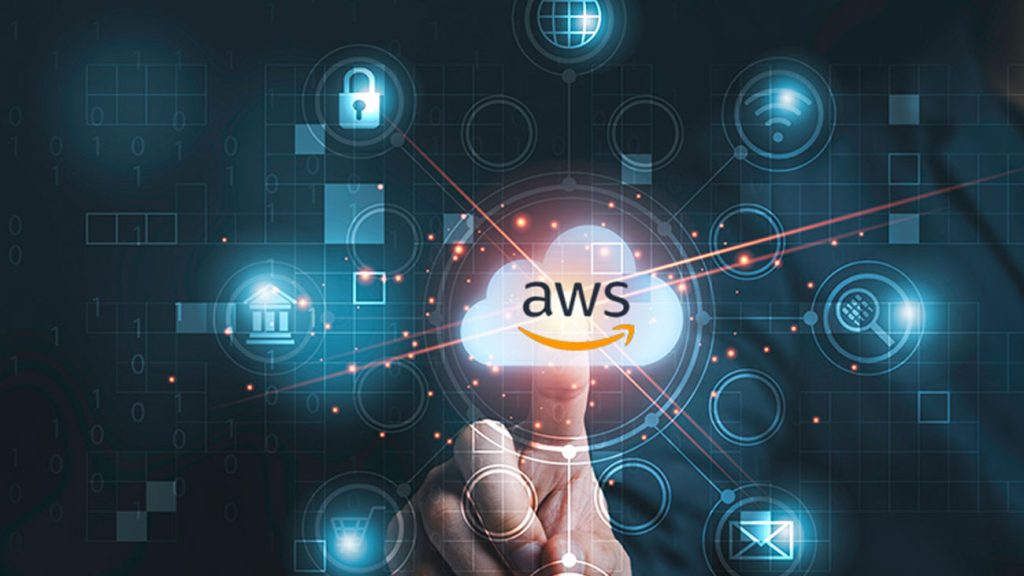In this short series, I outline the notes that I took while preparing for the AWS Cloud Practitioner exam.
These are my personal notes that I have made while working through the A Cloud Guru exam practitioner course. They are in no way official notes from AWS.
I would advise you that if you do use my notes to help you revise for this exam, that you use them as a supplement to the most recent information in the White Papers, Exam Guide and go over your knowledge with practice exam papers.
Blueprint
Read the white papers outlined in the Exam Guide
What is Cloud Computing?
The on-demand delivery of compute, databases storage, applications and other IT resources through a cloud services platform via the internet with pay-as-you-go pricing.
6 Advantages of Cloud Computing
- Trade capital expense for variable expense
- Benefit from massive economies of scale
- Stop guessing about capacity
- Increased speed and agility
- Stop spending money running and maintaining data centers
- Go global in minutes
3 Types of Cloud Computing
- Infrastructure As A Service (IAAS) – You manage the server and OS. Data center provider has no access to your server e.g. EC2
- Platform As A Service (PAAS) – Someone else manages the hardware and OSs. You focus on your applications. E.g. LightSail, Elastic Beanstalk
- Software As A Service (SAAS) – All you worry about is the software and how you want to use it E.g. Gmail
3 Types of Cloud Computing Deployments
- Public Cloud – AWS, Azure, GCP
- Hybrid – Mix of public and private
- Private Cloud (On Premise) – You manage it in your datacenter. Openstack or Vmware.
Services You Will Need To Know
This exam will focus on services in the following areas:
- AWS Cost Management
- Security, Identity & Compliance
- IAM
- Migration & Transfer
- Network & Content Delivery
- Virtual Private Cloud (VPC)
- Route53
- Compute
- EC2
- Lambda
- Storage
- S3
- Glacier
- Databases
- Relational Database Service (RDS)
- DynamoDB (Non Relational Databases)
- AWS Global Infrastructure

